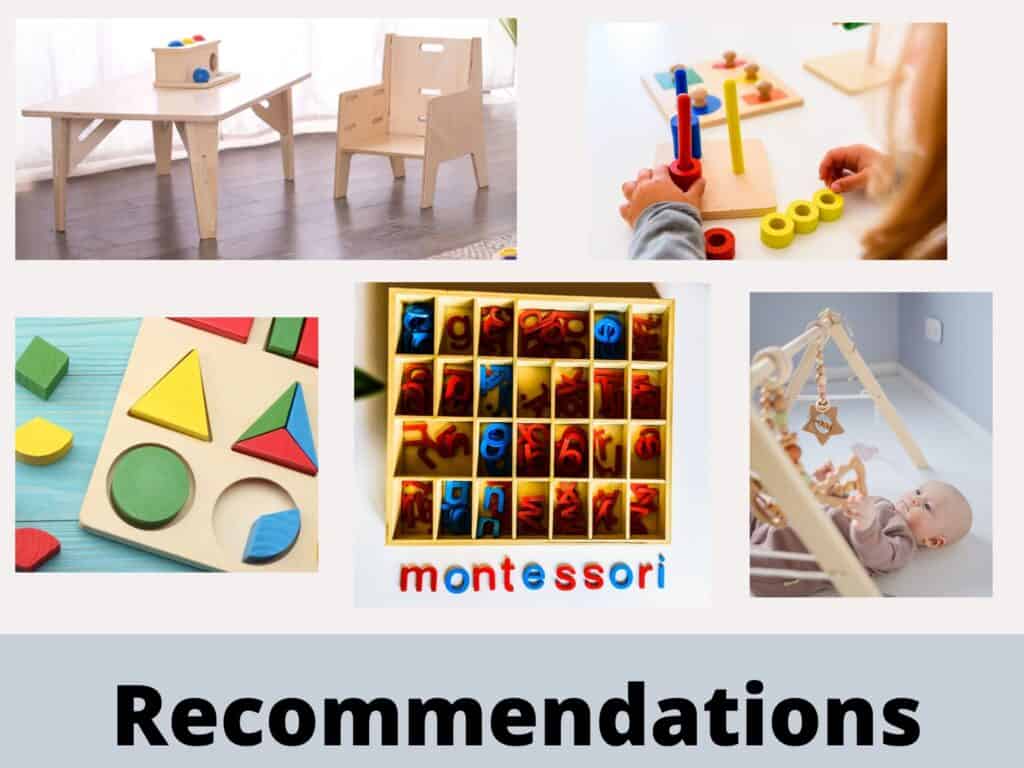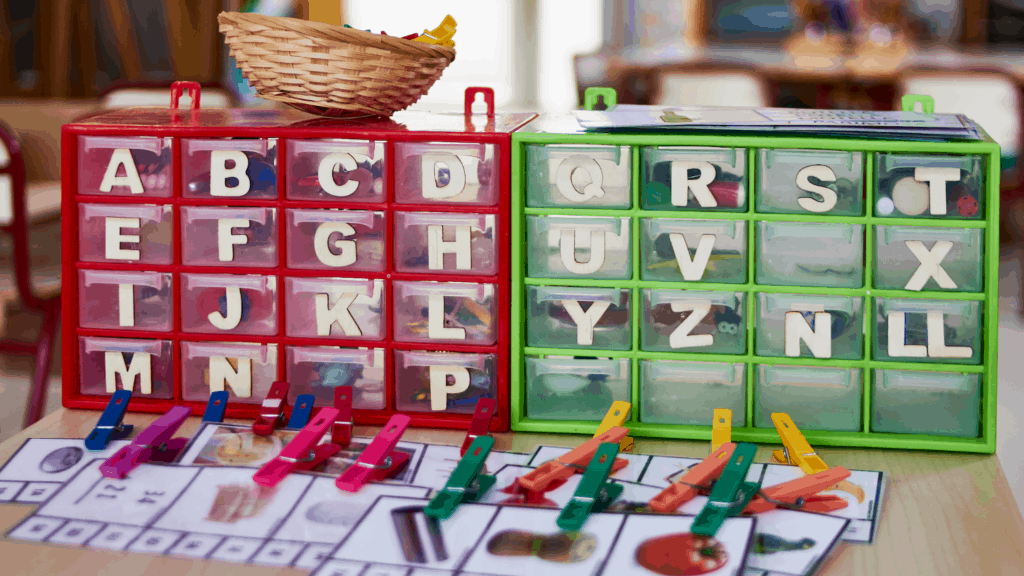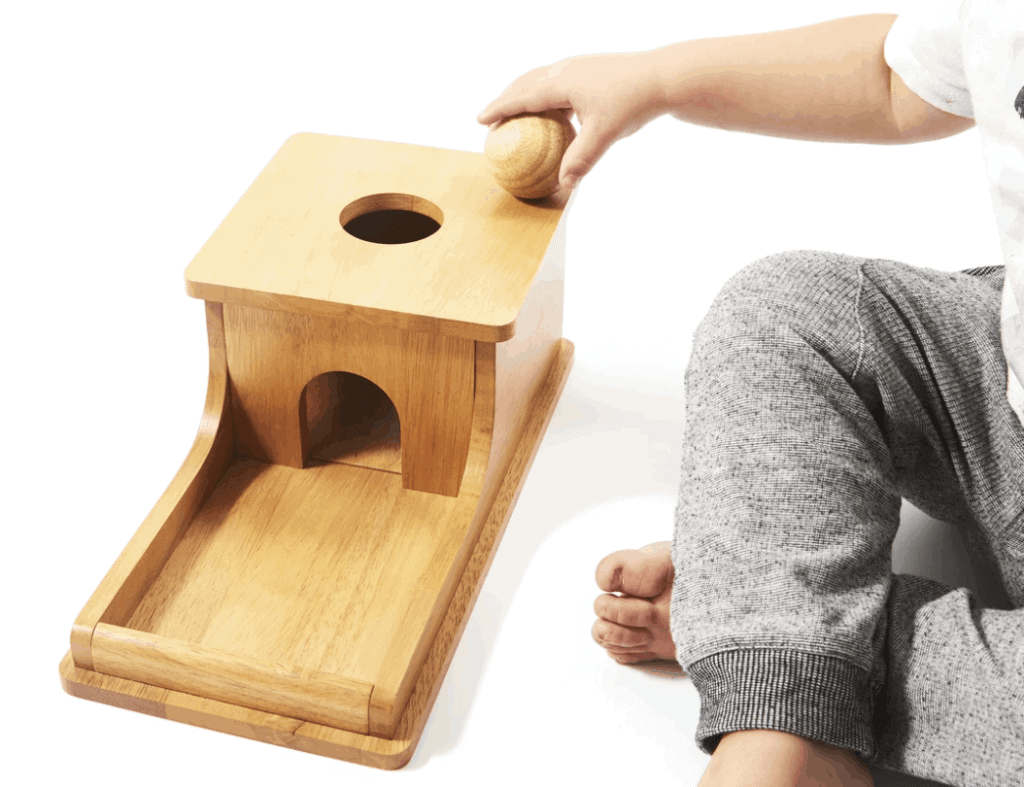It has been over twenty years since the
The
In 1999, a manual that described and directed
See also: 15 Best Montessori Activities for Dementia
On This Page…

Why Use the Montessori Method for Dementia Patients?
Seeing as the
Care based in the
- Engaging the Senses
One way of implementing
For example, art or music therapy and physical activities require the individual to engage with the environment around them, are mentally stimulating, and promote positive emotions. These kinds of activities maximize the use of senses to keep them as sharp as possible for as long as possible.
- Emphasis on What the Individual is Capable Of
The
This may be easy to envision in a classroom setting, but for patients with dementia may look like offering alternatives when a patient resists an activity or stopping an activity earlier than planned because they are growing visibly upset or frustrated.
- Promotes Independence and Choice
A foundational concept in the
This may mean allowing a patient with dementia to have a choice between what they do during the day or what they wear if they need help getting dressed. This allows for a strong sense of self and a sense of control in their life. Further, it communicates that in a care facility, their opinions and concerns will be listened to and are valued.
- Empowerment
Overall, the previously listed goals of the
Feelings of empowerment in an individual with dementia are important for multiple reasons. An empowered individual will speak up when they have a problem whether emotionally or physically, which allows for the best, quickest reaction to any complications. Empowerment and a good self-image correlate to an individual being active in and putting their best effort towards self-care and treatments. Lastly, feeling empowered as an individual allows the patient to experience positive feelings and a sense of self throughout the life span.

How is the Montessori Method Implemented in Dementia Treatment?
Exactly how the
Montessori in Day Centers
Adult day health centers offer individuals with dementia activities and care throughout weekdays and then they return home with their families during the evening and on weekends.
Day centers can implement the
Grouping may also be split to accommodate different levels of functioning so that individuals are met with activities that challenge them properly.
Montessori in Nursing Centers
In a nursing home, residents often need more help with day to day activities and self-care. Following the Montessori Method, staff would try to balance the need for a structured, daily schedule that keeps the facility running smoothly with a day that gives the individuals being cared for choice and personalized treatment.
This may look like having jobs for individuals with dementia to choose from. Some may help prepare meals, while others prefer to help clean up after. Options like these allow the people in the nursing center’s care to have choice over what they do and feel a sense of purpose and involvement in the environment.
Nursing centers can often accommodate a certain amount of personal items and activities. In a nursing home, there is often some flexibility where preferable activities can be linked to treatment. For example, an individual who enjoys reading or writing can work with the staff to include those activities in their daily regime in a way that is enjoyable and benefits their treatment.
Montessori in Hospital Settings
Hospital settings are often seen as quite restrictive. In this environment, where many people worry their choice and control in day to day matters is going to be taken away, the
A hospital in Northern Ireland adopted the
Many hospitals that have taken on a commitment to the
Future for Montessori Method Based Dementia Care
The American Montessori Society Website does a great job of summarizing the international progress that has been seen in the last twenty years. Across the globe, the standard for care is being challenged and patient outcomes are benefiting. While there is still lots of room for further research and new perspectives, the
See also: 15 Best Montessori Activities for Dementia







